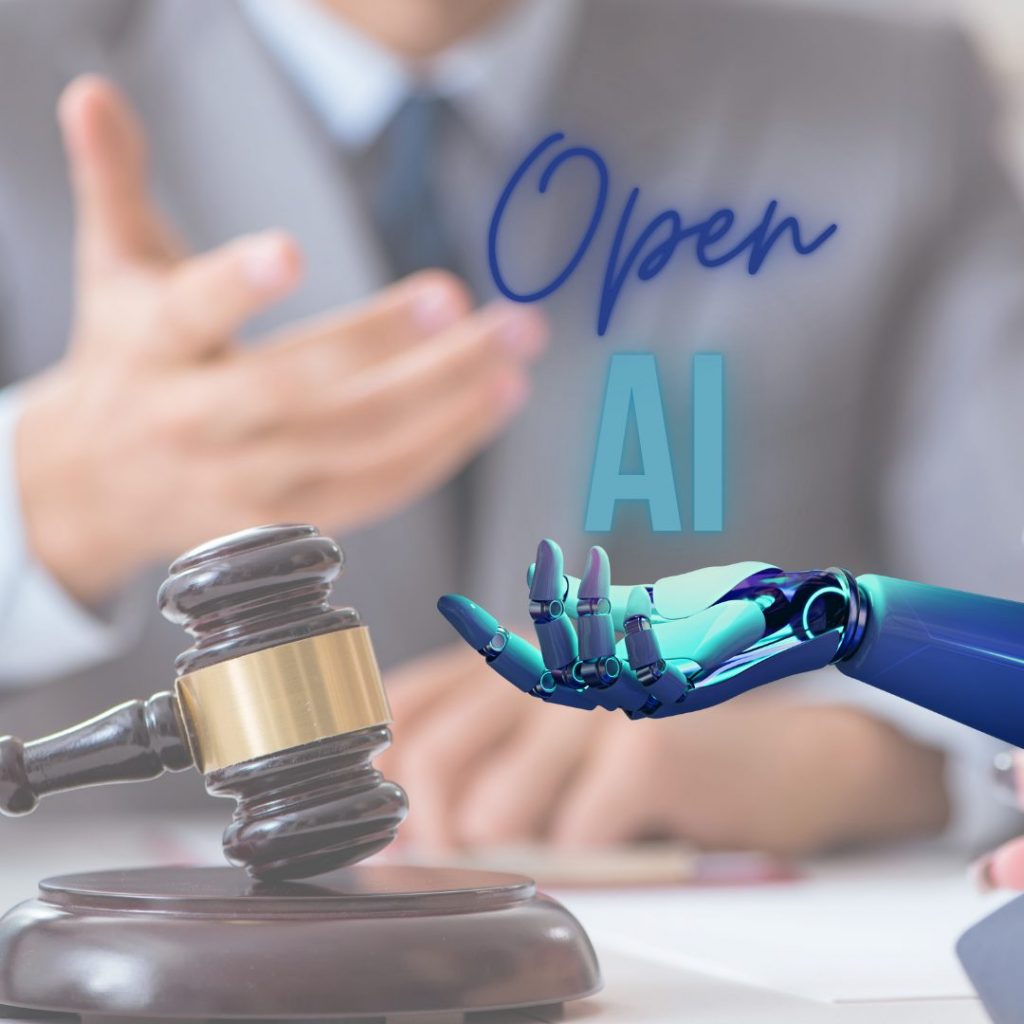Varinderjeet Kaur
Passionate Blogger, skilled SEO Executive, and innovative Digital Marketer
Unauthorized Use of Content is alleged in the lawsuit The Globe and Mail, the Canadian Broadcasting Corporation (CBC), and the Toronto Star...

Image Credits: canva
The Globe and Mail, the Canadian Broadcasting Corporation (CBC), and the Toronto Star are among the well-known Canadian news and media outlets that have sued OpenAI. According to the lawsuit, ChatGPT’s creator, OpenAI, violated their copyrights by using content scraped from their websites without permission. The businesses are requesting an injunction to stop OpenAI from using their technology going forward as well as monetary damages.
According to the lawsuit, OpenAI trained its massive language models using copyrighted content. It took a lot of time, money, and effort to develop by staff, editors, and journalists. The plaintiffs claim that OpenAI failed to obtain the required permission to utilize this content. Rather, they charge the business with “brazenly misappropriating” priceless intellectual property for its own profit-driven purposes without paying the news outlets.
This case is one of many legal issues that OpenAI is now dealing with. Authors include comedian Sarah Silverman, content providers on websites such as YouTube, and major media institutions such as The New York Times and New York Daily News are also suing the firm.
The Canadian individuals claim they have never been compensated for the use of their work. Despite OpenAI having licensing agreements with a select sites such as The Associated Press, Axel Springer, and Le Monde. They contend that by denying the journalism industry just remuneration for its labor, OpenAI’s actions are hurting the sector.
In response to this, OpenAI claims that ChatGPT is used by millions of people worldwide to boost creativity and solve problems. The company claims that its models are developed using publicly available data in compliance with fair use and international copyright rules. OpenAI also highlights its collaboration with news providers, giving them the opportunity to opt-out if they wish.
This case originates from a recent research by Columbia University’s Tow Center for Digital Journalism. The study discovered that no publisher, regardless of their partnership with OpenAI, was immune to mistakes in how ChatGPT displayed its content. The Canadian news organizations supporting the case claim that this shows a larger issue concerning OpenAI’s handling of intellectual material.
Following this legal action, the continuing debate over copyright and artificial intelligence is certain to heat up.
Suggested Articles:
Meta to Invest $10B in Global Subsea Cable Project, Sources Reveal
Google Chat has introduced “Huddles” for instant voice and video meetings